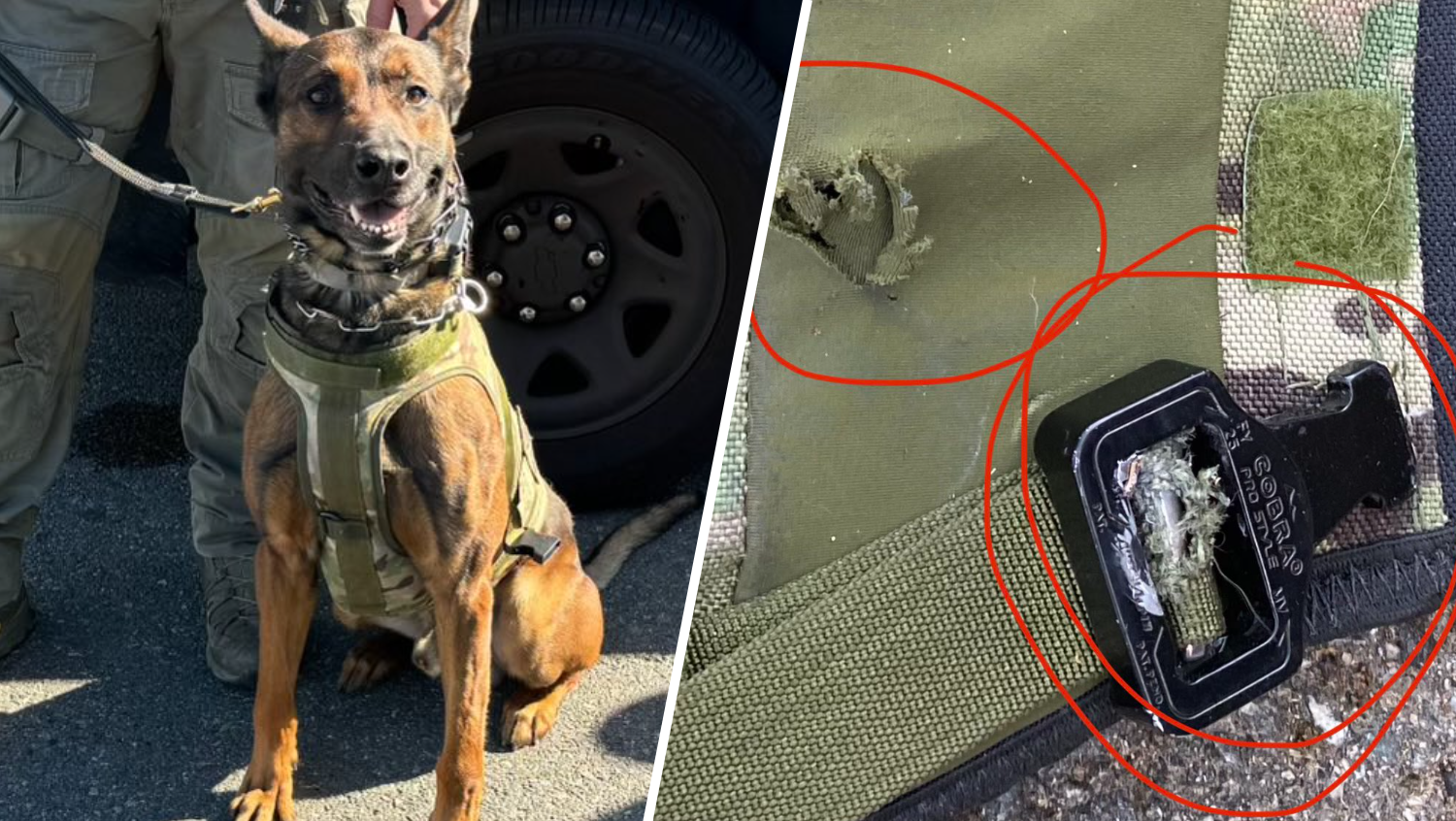With summer swim season just a few weeks away, there's something the federal health department wants you to know about public pools: Most of them are swimming with fecal bacteria.
The Centers for Disease Control and Prevention tested pools last year in Atlanta and found that most had signs of fecal contamination. To blame are swimmers who didn't shower well before diving in, or perhaps had an accident in the pool.
Though the tests were performed in Atlanta, the agency noted results were not likely to differ much elsewhere. Los Angeles has some year-round public pools, but most open at the start of summer swim season on June 15.
For the Atlanta study, CDC scientists tested for E. coli bacteria in public pool water filters - a bacteria normally found in the digestive tract and feces. The tests came back positive in 58 percent of the pools tested.
In about as many samples, they found another bacterium that can cause rashes and ear infections.
“It's a little bit scary,” said Allison Sharamitara, a mother from Sherman Oaks. “They should test for that kind of stuff.”
Trish Delgado, the aquatics director for the city of L.A. Department of Recreation and Parks, said the Los Angeles County Health Department checks for chemical content in pools once an hour and more often when the crowds are bigger.
Local
Get Los Angeles's latest local news on crime, entertainment, weather, schools, COVID, cost of living and more. Here's your go-to source for today's LA news.
“The chlorine will kill the bacteria that's in the water,” Delgado said.
In Atlanta, though, the pools tested did contain chlorine, although how much is not clear.
Delgado would not comment when asked if there's always some level of fecal matter in a public pool, referring such questions to the health department.
She did say, though, that such problems are mitigated in this city, unlike some others.
“We require soap showers, prior to entering the facility,” she said. “If a person uses the restroom, we ask them to go back and take a shower.”
Swimmers with diarrhea pose a more serious threat to fellow swimmers, as they could spread the bacteria causing their ailment into the water.
"Remember, chlorine and other disinfectants don't kill germs instantly," Michele Hlavsa, chief of CDC's Healthy Swimming Program, said in a written statement.
Her recommendations: Don't swim with diarrhea. Do shower before taking a dip.
And definitely don't swallow the pool water.



